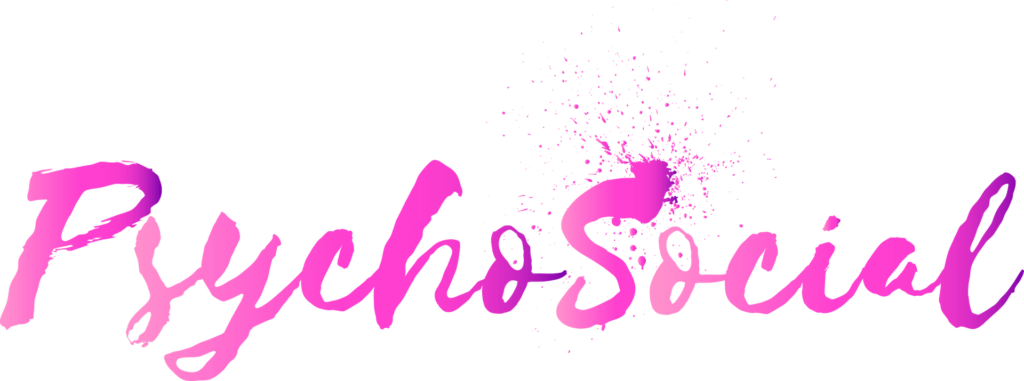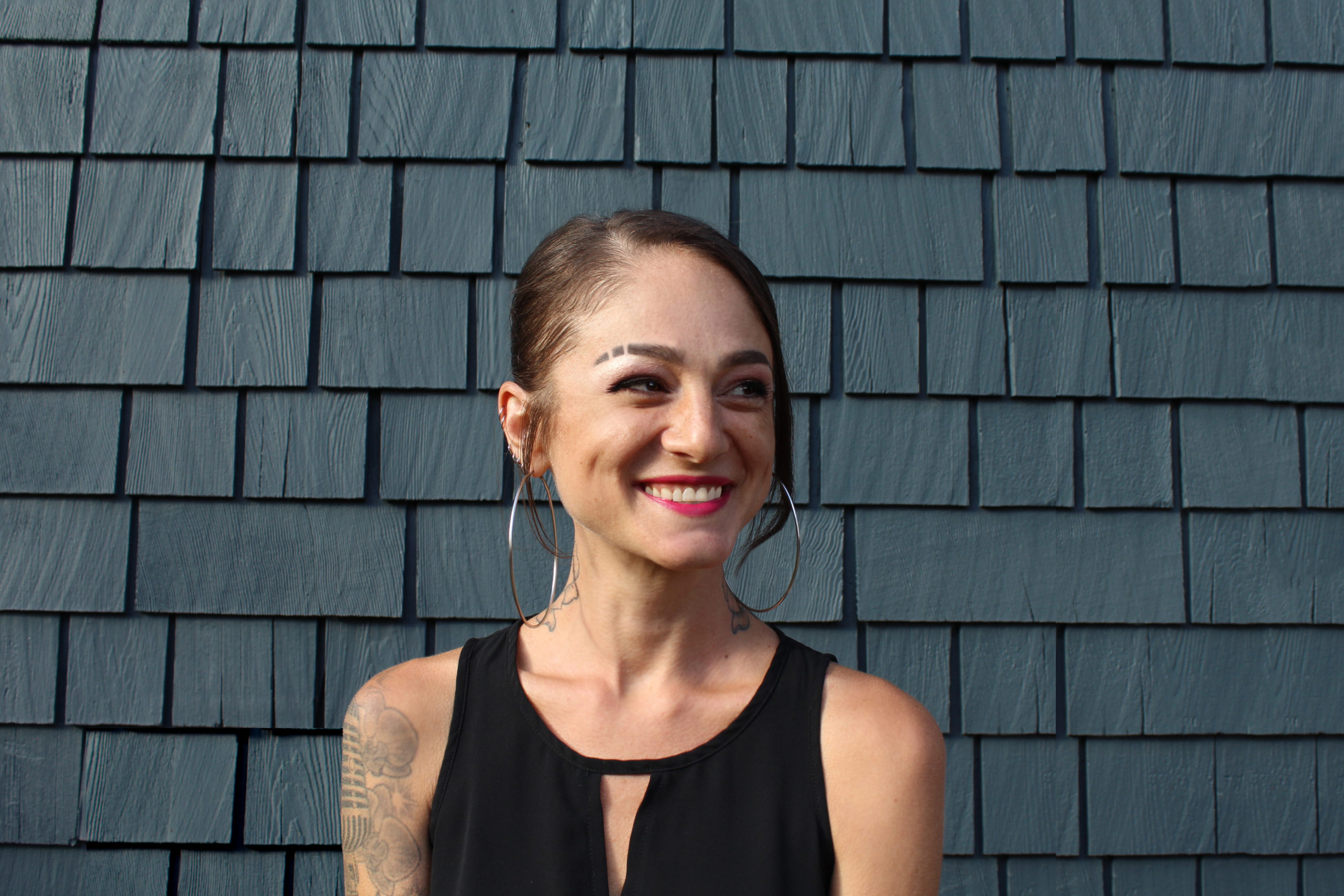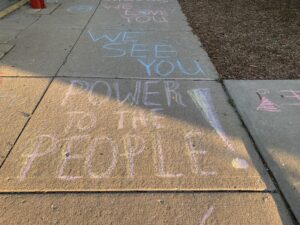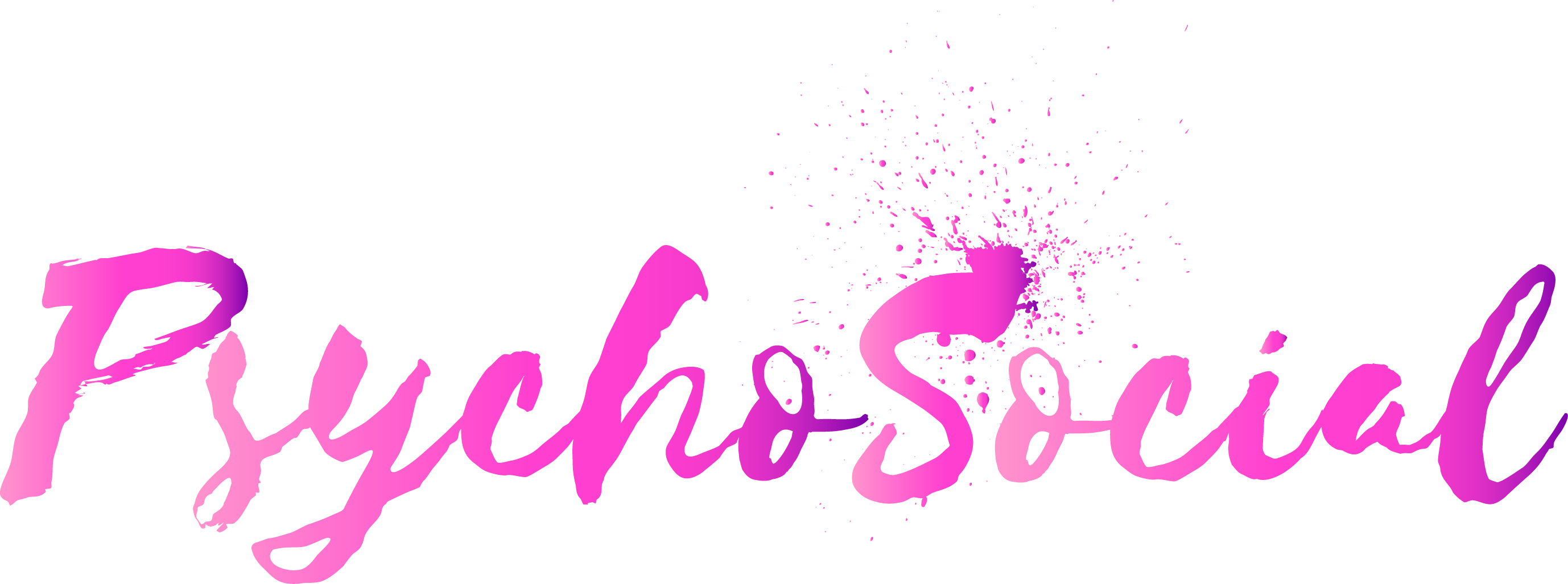
In my first semester of graduate school for Counseling Psychology, there was a lot of talk about shadow work. The shadow contains the parts of ourselves that we are either unaware of or consciously hiding from the outside world. The importance of doing shadow work, my professors stressed, is so that we can integrate all parts of ourselves in order to heal and become more whole and authentic human beings.
In one of my classes, I read a book called “A Little Book on the Human Shadow.” It had one of the best explanations of the shadow self I have come across. One of the central illustrations in the book is that of the shadow as a long bag we drag behind us throughout our lives. This bag is filled with the things about ourselves that we are hiding because we have been taught by our culture, family, or society that they are bad. Similar to if it were a physical object, the bigger the bag, the more energy it takes to carry it. It is one thing to know our shadows exist, it is quite another to be able to honestly and courageously face them. Before we can put down this heavy shadow bag, we must take inventory of what is in it and try to understand why it is there.
In the past year, I have been encouraged to explore my shadow parts through my school curriculum. It has been a painful, illuminating and humbling experience. As I soon found out, learning about my shadows in an academic setting was only the tip of the iceberg. I was then given the opportunity to dig even deeper into all of the unhealed parts of myself by falling in love with someone who challenged me to uncover them. And then there was quarantine…I assume I am not alone in that I’ve been spending a lot of time these past few months reflecting on my life choices and beating myself up a little bit for all of my shortcomings. I quickly realized that it is not enough to just identify my shadow parts, I must also accept and forgive myself for them.
In my recent Meditation and Journaling Workshop entitled “Loving Your WHOLE Damn Self,” I put a strong emphasis on the word WHOLE. I am a strong believer that there can be no true self-love without loving the WHOLE of ourselves. I dedicated the first section of the class to uncovering the shadow, or character defects, before moving on to self-forgiveness. Shadows are a natural part of everyone and only become destructive when they are neglected. When we label our character traits as good or bad and then split the two sides of ourselves and keep them apart, we end up walking around with a lot of shame and dishonesty about who we are as a whole.
One of my strongest beliefs as a wellness coach is in self-love, not just the self we are proud to walk around showing everyone, but the self we are not so proud of as well. I created the following journaling prompts and guided meditation to help my students begin to develop a positive relationship with their shadow parts in order to more fully embrace who they truly are.
May you fall a little more deeply in love with your WHOLE damn self as a result
Writing Exercise #1: Identifying Character Defects
Free write about your character defects. Try not to judge yourself for them, we are simply making a list of defects to forgive yourself for and let go of.
Writing Exercise #2: How the Character Defects Manifest and Cause Harm
Exploring these defects further, Choose one or two of your defects. Most of them probably stem from the same place (insecurity or fear) and explore it deeper using the following three prompts: WITHOUT SELF JUDGEMENT. JUST CURIOSITY.
- How do you act out this defect?
- How does this action affect others?
- How does this action affect you?
Writing Exercise #3: How Does This Defect SERVE You?
What has this defect done to protect or keep you feeling safe? What is its function? It was developed for a reason, probably to protect you, can you explore this reasoning with a little self-compassion?
***I highly recommend closing out this exercise with a short guided meditation for self-forgiveness. You can find the one I recorded HERE.
Corina Seligman, Meditation and Journaling coach, has developed an online workshop curriculum with the aim of sharing the tools she has learned through her own battles with chronic depression and anorexia.
She works to collaboratively foster and build self-love and mental freedom for her students. She has built a career teaching her workshops across the country, relying on her wealth of knowledge and personal experiences with her daily recovery and journey to building self-love and acceptance.
-
Corina Seligman, Wellness Coachhttps://psychosocial.media/author/cseligman/May 24, 2020
-
Corina Seligman, Wellness Coachhttps://psychosocial.media/author/cseligman/
-
Corina Seligman, Wellness Coachhttps://psychosocial.media/author/cseligman/





















